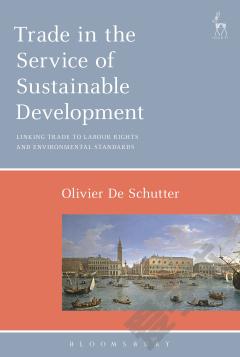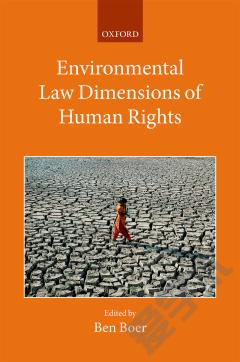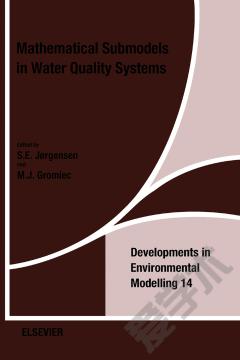Environmental Rights —— The Development Of Standards
----- 环境权利:标准的制定
Until recently, environmental standards have received attention within the Inter-American regional human rights system, primarily in the context of the rights of indigenous peoples. In developing environmental standards, the Inter-American Commission on Human Rights and the Inter-American Court of Human Rights have focused on the right to property and the right to life with the explicit aim of protecting the culture and way of life of indigenous communities and their distinctive relationship with their land. Environmental standards in this context relate in particular to participation of indigenous communities in decision making, benefit sharing and the implementation of environmental and social impact assessments. The development of environmental standards has been given fresh impetus by the Inter-American Courtâs 2017 Advisory Opinion on Human Rights and the Environment that not only recognizes the right to a healthy environment as a substantive right under the American Convention on Human Rights, but also builds on previous jurisprudence recognizing that protection of the environment is an integral aspect of compliance with the right to life and personal integrity. This jurisprudence extends the application of environmental standards beyond the indigenous context and arguably beyond the confines of rights to life and personal integrity.
{{comment.content}}








 京公网安备 11010802027623号
京公网安备 11010802027623号